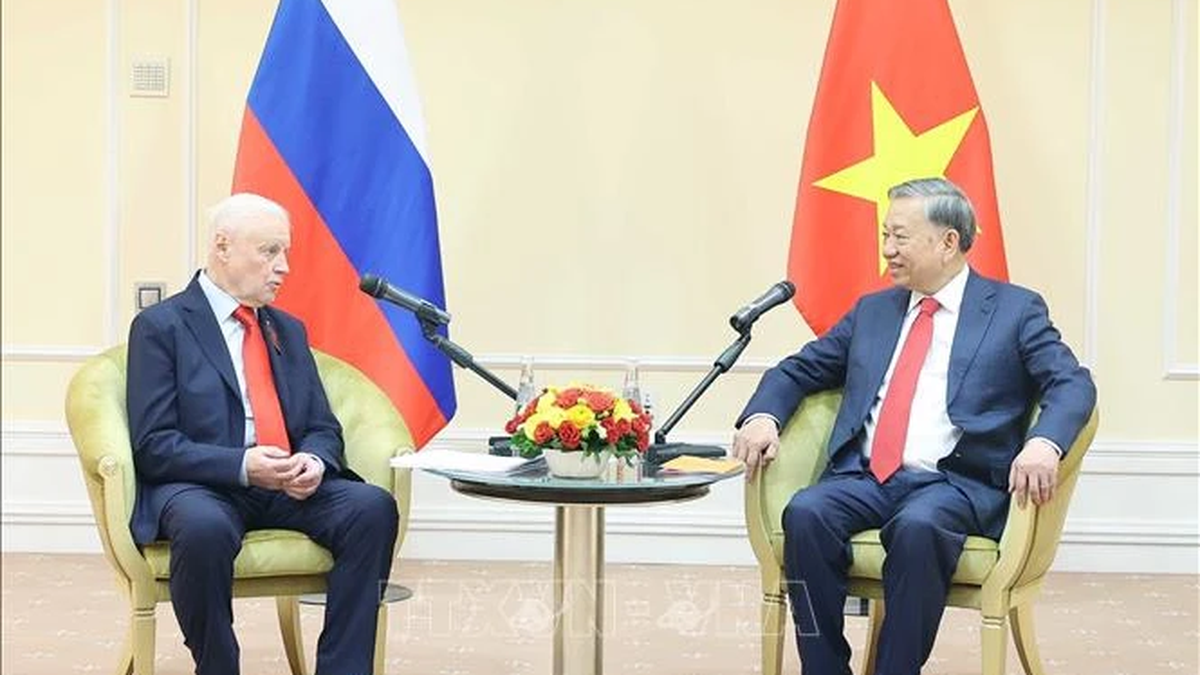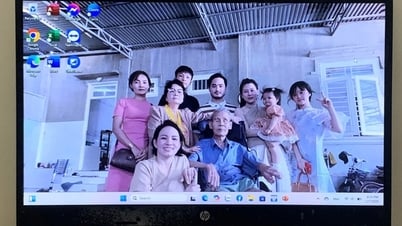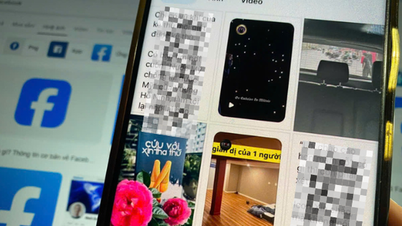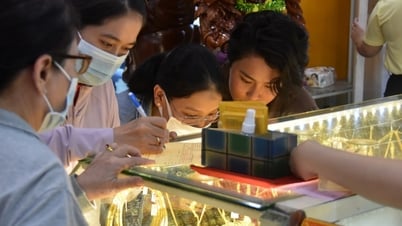When I started my new job in Switzerland, my boss assigned someone in the team to be my mentor to help me learn and catch up with the work progress. I was very happy and immediately took the initiative to build a close relationship with my mentor. I will practice the entire book "How to Win Friends and Influence People", hoping to make a good impression on her because I believe that she will wholeheartedly guide me.
Put work efficiency first
I invite her to lunch often. When we talk, I try to anticipate her thoughts, remember the things she is interested in so I can learn more about that topic. I find all kinds of reasons to compliment her, I give her small gifts when I go on business trips or travel…
But things didn’t go as I expected. At work, she always gave me detailed instructions and guidance, just like a mentor, but she kept a distance from me, although she was very polite and professional. One day, I don’t remember exactly what I did, but I think I touched her arm while talking to the group, to show that we were allies in the solution being discussed. A moment later, she texted me to come into a small conference room with only two people, she said: "Phuong, I know you are trying to befriend me. Maybe because you like me, maybe because you think it will be good for your work. I want you to know that I am not comfortable with this. I agreed to be your mentor because it is part of my paid job. I also need you to keep up with the pace of the project so as not to affect the progress of the group, but this does not mean that we will be friends outside of work. Don't try to do that, this sometimes makes me feel uncomfortable."

Teamwork in Switzerland. Photo: DOCUMENT
I remember feeling very embarrassed but calmly apologizing to her. After that, we went back to work as usual.
Half a year later, the project our team was in charge of was completed. I was appointed as the team leader of another small project in a large project of the corporation, with a team of more than 40 people, coming from more than 10 countries, to be deployed in more than 150 countries where the corporation has branches. During the introduction of my team's new project to the entire implementation team, I requested a specialized technical consultant for my team because of the special nature of this project. Surprisingly, my (former) mentor accepted. I was as happy as if I had found gold because she was the best in her field.
After the meeting, I asked to meet her privately. I remember that I was still shaking when I told her, I said: "Thank you very much. I was really surprised that you joined my team, so you are no longer angry with me?" She looked at me in surprise: "I never said I was angry with you. I joined your team because I like this project. The countries your team is in charge of this time have some difficult technical problems that it would be great to find a solution to, I like this challenge". "Oh yes!" I felt disappointed again, confused and trying to find a way out of this situation, then she continued: "Phuong, learn how to work here, we need to do a good job together, before becoming friends, or if we are not friends, we can still do a good job together. Don't take it personally!''
Need professional working style
"Don't take it personally!". One of the most valuable pieces of advice from my past years working in Switzerland.
I confess that I was quite confused when I had to translate this phrase into Vietnamese. If I translate it as "don't take it personally", it sounds okay. However, to better express the emotional state of this phrase, I think we should replace the English adverb "personally" with a Vietnamese verb in this context: "self-esteem". Don't be self-esteem!
We Asians value feelings and respect. Therefore, when working, we tend to build a close relationship first, then consider whether we can work together or not. We have to like each other, like each other, and find each other compatible in order to work together. But in the Western working environment (where I work), it is not like that. We need to work professionally. Professionalism here is defined as putting work efficiency first, beyond personal feelings about the person you work with. And that was not easy, at least for me, in the early days of integrating into this culture.
Controlling your ego and your reactions to negative emotions when your ego is hurt brings a lot of efficiency to your work and peace in your life. It is a journey with internal battles that are not easy but the results are worth it.
There are two fundamental aspects to controlling your ego. First, it is about being rooted in your inner values; knowing who you are in certain situations, so that you do not let negative emotions affect you. Back to the story of my mentor. When she flatly refused to be my friend, at first, I felt quite hurt. After thinking about it carefully, I no longer felt bad about being rejected, and I even respected her more for not wanting to be my friend but still being very professional in her work when working with me. That is a model that I need to learn from.
Once we put our negative feelings aside, we worked together very well to complete that project. And then, I was assigned to lead another project. We continued to work well together for the next year; after that, we each went our separate ways in our careers. I have never met her again, but I am still grateful to her.
After each project was completed, my boss would collect feedback from the team members about the team leader. One comment made me think a lot: "Her perfectionism puts unnecessary pressure on us." At first, I tried to convince myself that their inability to handle pressure was not my problem. If I didn't put pressure on them, how could they complete their work with such high quality? But I still couldn't help but feel hurt by that comment. At one point, when I was honest with myself, I realized that my perfectionism was partly selfish.
When I am honest enough to admit that "it's my problem", I respect other people's judgment and criticism; think about improving my shortcomings; very quickly sympathize with myself, love myself and find my own inner values to appreciate myself more.
After all, self-esteem is different from self-respect. Deep inside the feeling of self-esteem is a lack of confidence, while deep inside self-respect is a belief in one's core values.
Source





![[Photo] Prime Minister Pham Minh Chinh chairs Government Standing Committee meeting on Gia Binh airport project](https://vphoto.vietnam.vn/thumb/1200x675/vietnam/resource/IMAGE/2025/5/10/6d3bef55258d417b9bca53fbefd4aeee)






















































































Comment (0)